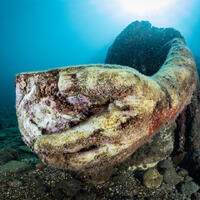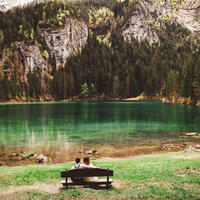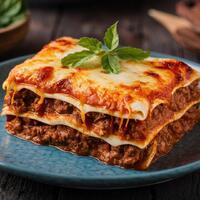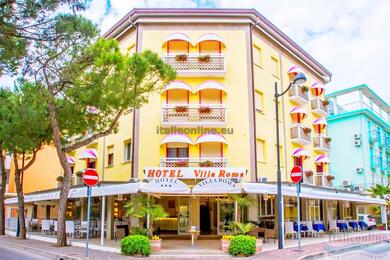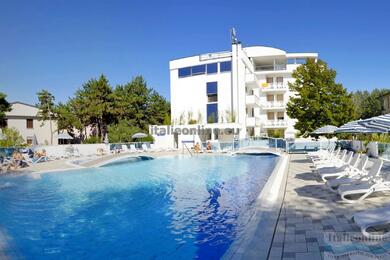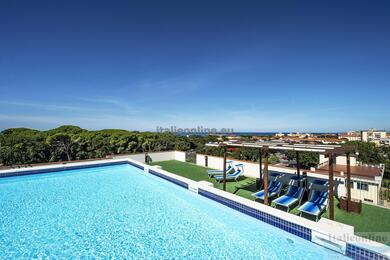History at every turn
Umbria is a place with a long history dating back to the Etruscans. Towns like Perugia and Orvieto bear traces of the Middle Ages and the Renaissance, and their stone streets will take you through the labyrinth of the past. Perugia, the capital of the region, is home to one of the oldest universities in Europe, founded in 1308, and is also famous for its chocolate festival. Equally interesting is Perugia's Fontana Maggiore, one of the most famous Renaissance masterpieces. On the other hand, Orvieto, perched on a tufa rock, attracts visitorsvisitors with its majestic cathedral with its stunning Gothic facade and mysterious underground tunnels.
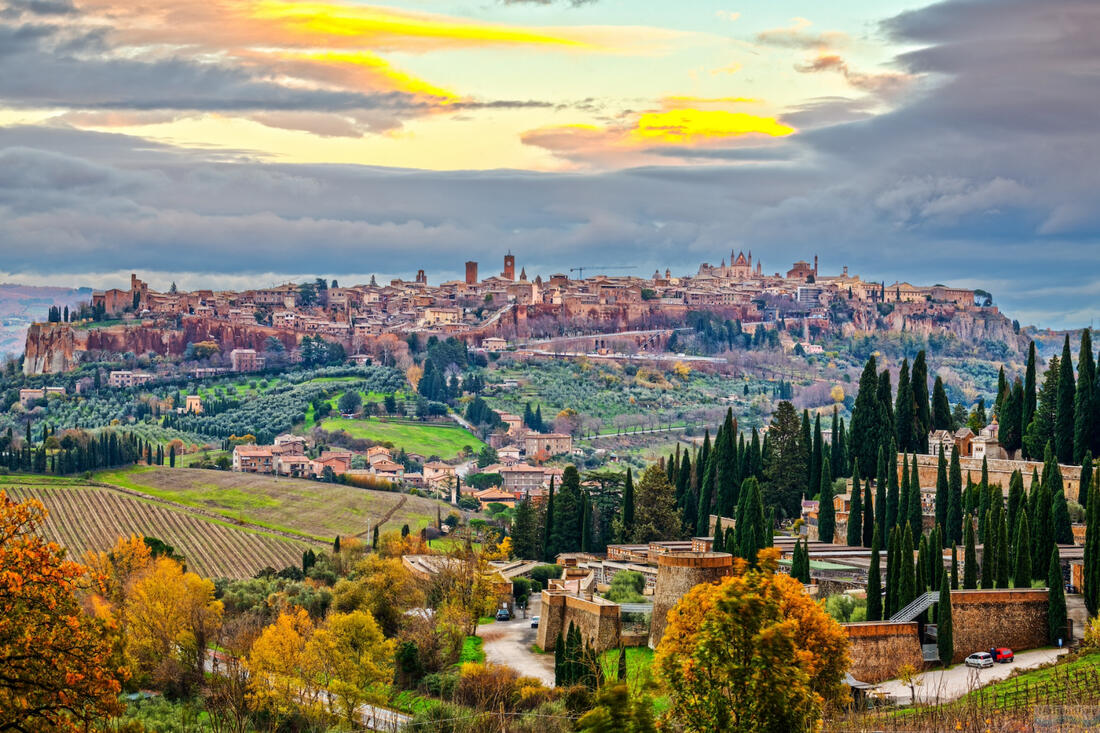
We can't forget Assisi, the hometown of Saint Francis of Assisi, which is the spiritual centre not only of Umbria but of the whole world. The Basilica of St. Francis is a UNESCO World Heritage Site and attracts pilgrims and art lovers every year thanks to the frescoes by Giotto and Cimabue.
Natural beauty that takes your breath away
Umbria is a land of deep valleys, rolling hills and clear lakes. Lake Trasimeno, the largest in central Italy, offers spectacular views and quiet beaches where you can enjoy the sunset overlooking the ancient islands.
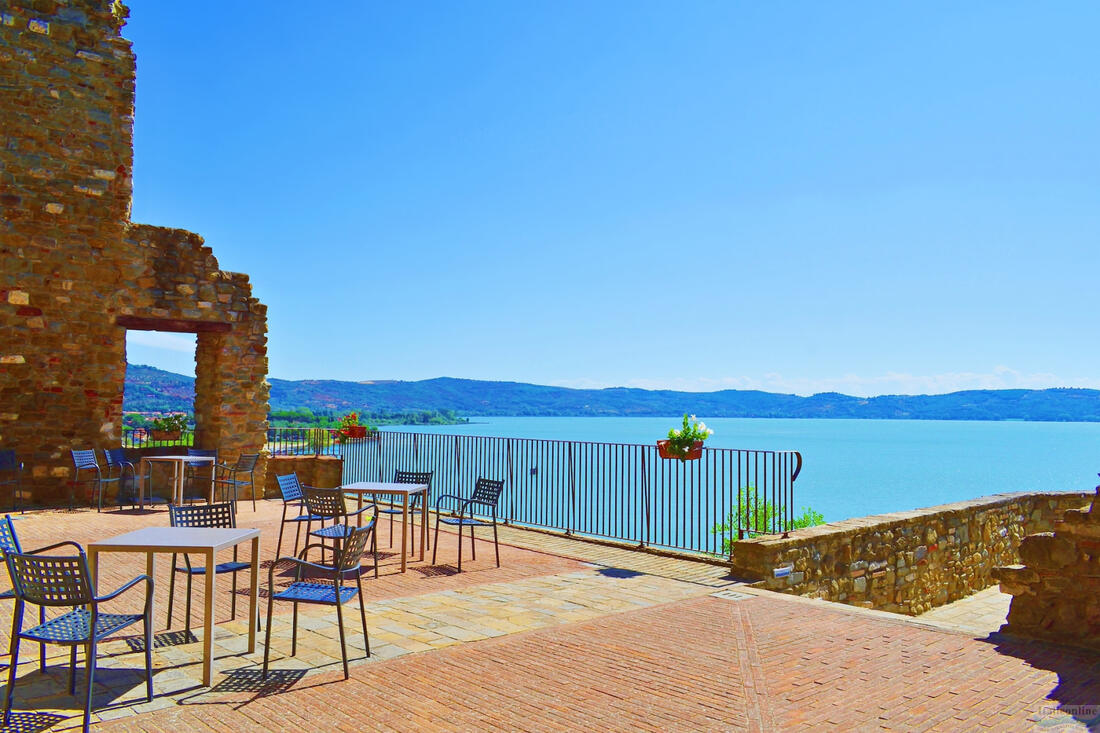
For outdoor enthusiasts, there is the Monti Sibillini National Park, which it shares with the Marche region. The mountains and valleys full of wild flowers, rock formations and picturesque villages are ideal for hiking, cycling and wildlife watching.
And let's not forget the Cascata delle Marmore waterfall. This man-made waterfall, the highest of its kind in Europe, was originally built by the Romans and is still a fascinating example of man's ability to shape nature.
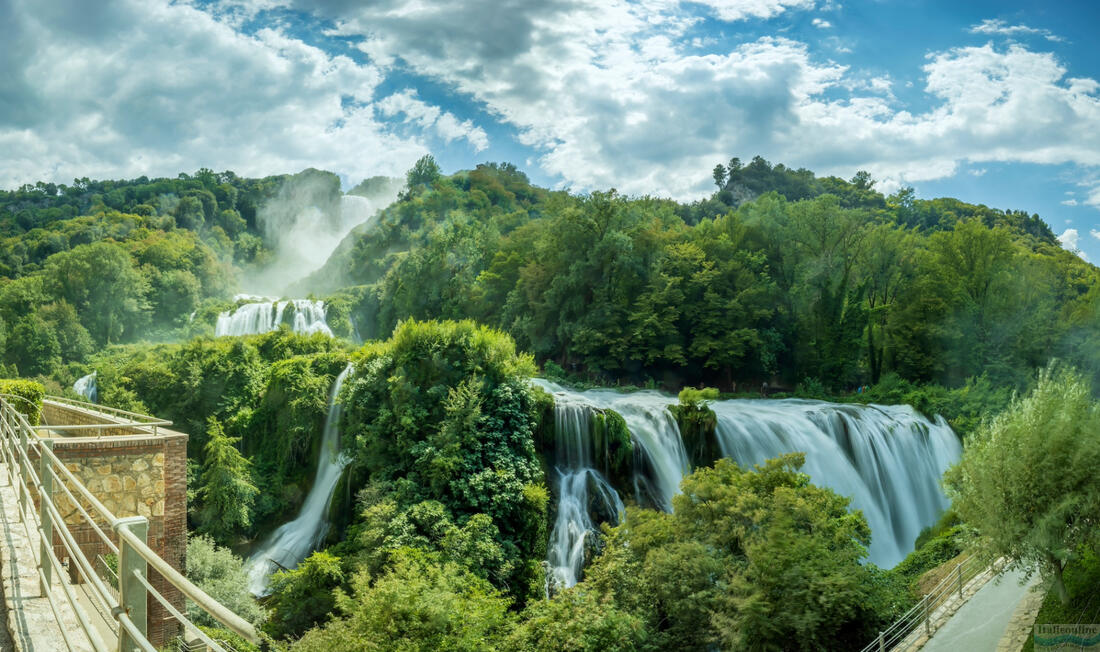
Umbrian cuisine
The region is famous for its simple but distinctive cuisine. The most important ingredients are the local produce: the delicious truffle, which is harvested in the autumn months, and good quality olive oil. Umbria is also home to great red wines, such as Sagrantino di Montefalco, which has gained a worldwide reputation for its full-bodied flavour and strong character.
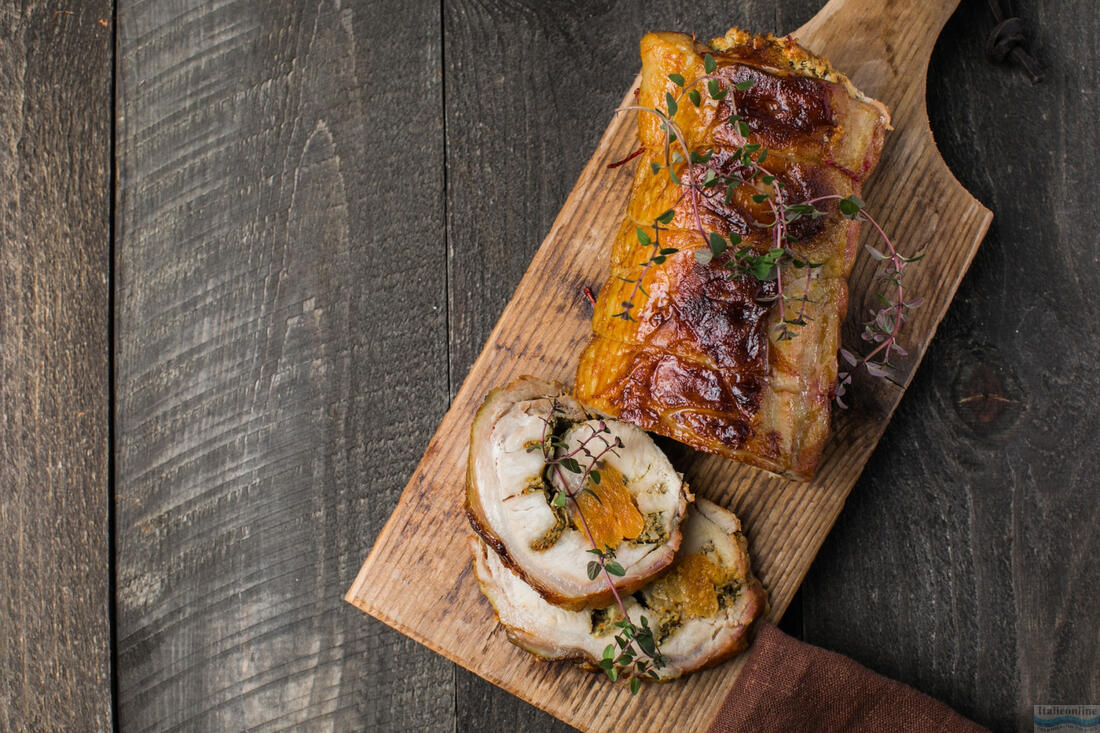
Typical dishes include umbrichelli pasta with truffles, zuppa di farro soup made with spelt, and traditional porchetta, which is roast pork stuffed with herbs. Gastronomy in Umbria is firmly linked to the cycles of nature and to traditional recipes handed down over generations.
Tranquillity and authenticity
What makes Umbria so unique is its peaceful atmosphere. While many Italian regions have turned into tourist destinations, Umbria has remained true to its authentic character. The local people have preserved their traditions and hospitality, making you feel like a welcome guest, not just a tourist.


